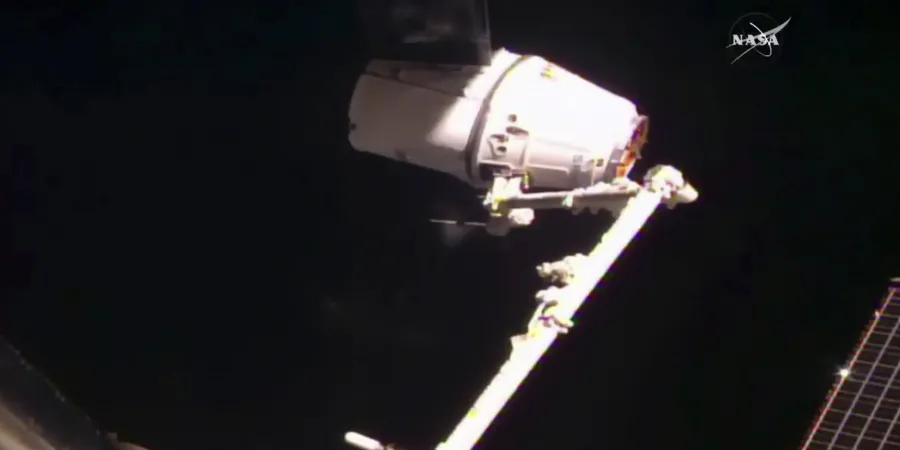Turkey to Launch National Space Agency
The Turkish government has finalized a draft bill for the launching of the country’s first space agency. The bill has been submitted to parliament for debate and vote
Dan Arkin
| 05/03/2017
According to the draft bill, the Turkish Space Agency would determine basic policies and strategies in space and aviation technologies. It will also be expected to help develop a competitive local space industry “not dependent on foreign [technology].” The agency is expected to increase Turkey’s space capabilities.
According to Defense News, the bill defines the mission of the Turkish Space Agency as reducing dependence on foreign technology, coordinating work for space platforms, launching facilities and systems, and helping develop, integrate, launch, monitor and operate aerospace systems. The agency's executive board chairman will be the prime minister, and other members will include the ministers of science, industry and technology; development; defense; and transport, maritime and communications.
Turkey also is working on plans to build a satellite launching station. Aerospace officials say some of the potential locations for the station were Datca on Turkey’s southwestern coast and the Turkish Republic of Northern Cyprus, a breakaway Turkish state recognized only by Turkey.
In its most recent space effort, Turkey in December launched Gokturk-1, a new military satellite that the country said is “20 percent Turkish” and will help the country in its anti-terror efforts. The Gokturk-1 is a high-resolution optical Earth observation satellite for civilian and military applications. It can scan high-resolution images (up to 0.8 meters) and features an onboard X-band digital imaging system to handle data compression, storage, and downloading.
Having already spent about $1 billion on satellite programs, Ankara wants to nationalize the satellite business. The Turkish government aims to build the first fully indigenous Turkish satellite by 2019. Turkey intends to invest more in software, design and platforms, and wants to be operating a fleet of 10 satellites by 2023.
Key local players in the ambitious satellite programs are military electronics specialist Aselsan, Turkey’s biggest defense firm; Tubitak Uzay, the state scientific research space department; Turkish Aerospace Industries; and CTech, a software company.
The Turkish government has finalized a draft bill for the launching of the country’s first space agency. The bill has been submitted to parliament for debate and vote
According to the draft bill, the Turkish Space Agency would determine basic policies and strategies in space and aviation technologies. It will also be expected to help develop a competitive local space industry “not dependent on foreign [technology].” The agency is expected to increase Turkey’s space capabilities.
According to Defense News, the bill defines the mission of the Turkish Space Agency as reducing dependence on foreign technology, coordinating work for space platforms, launching facilities and systems, and helping develop, integrate, launch, monitor and operate aerospace systems. The agency's executive board chairman will be the prime minister, and other members will include the ministers of science, industry and technology; development; defense; and transport, maritime and communications.
Turkey also is working on plans to build a satellite launching station. Aerospace officials say some of the potential locations for the station were Datca on Turkey’s southwestern coast and the Turkish Republic of Northern Cyprus, a breakaway Turkish state recognized only by Turkey.
In its most recent space effort, Turkey in December launched Gokturk-1, a new military satellite that the country said is “20 percent Turkish” and will help the country in its anti-terror efforts. The Gokturk-1 is a high-resolution optical Earth observation satellite for civilian and military applications. It can scan high-resolution images (up to 0.8 meters) and features an onboard X-band digital imaging system to handle data compression, storage, and downloading.
Having already spent about $1 billion on satellite programs, Ankara wants to nationalize the satellite business. The Turkish government aims to build the first fully indigenous Turkish satellite by 2019. Turkey intends to invest more in software, design and platforms, and wants to be operating a fleet of 10 satellites by 2023.
Key local players in the ambitious satellite programs are military electronics specialist Aselsan, Turkey’s biggest defense firm; Tubitak Uzay, the state scientific research space department; Turkish Aerospace Industries; and CTech, a software company.



